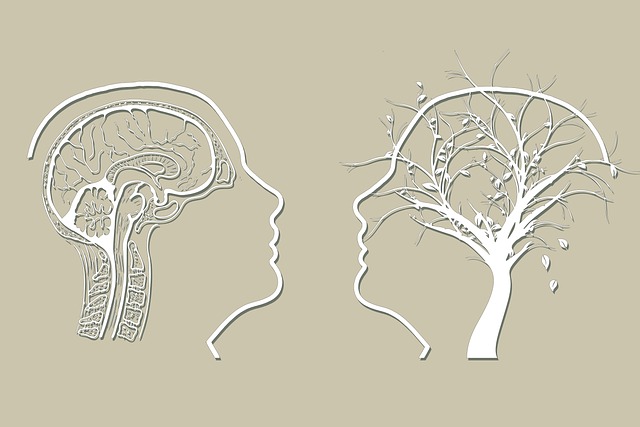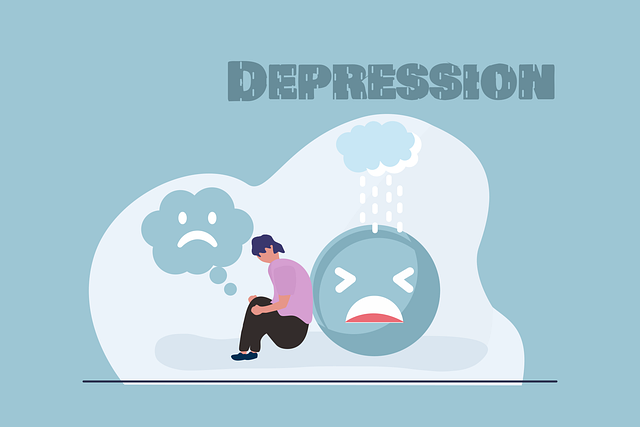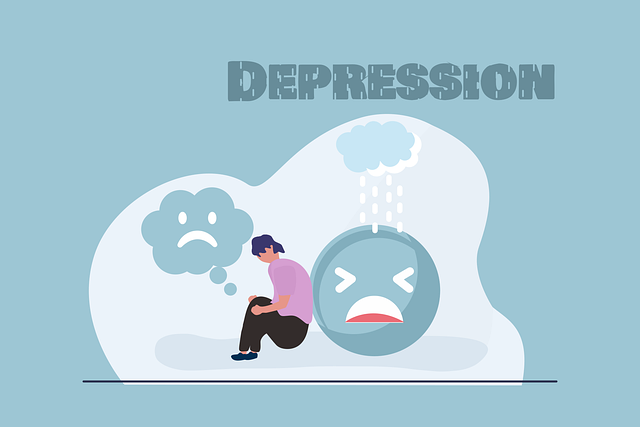In vibrant, diverse Denver, trauma impacts many residents' mental health, with language barriers hindering access to care, especially for Spanish-speaking communities. Denver Spanish speaking therapy offers culturally sensitive services, fostering open communication and successful outcomes. This approach, combined with public awareness campaigns normalizing conversations about trauma, breaks silence and reaches all corners of the city, empowering individuals to seek help and heal. Organizations like the Colorado Mental Health Association lead these efforts, promoting emotional intelligence, reducing stigma, and hosting tailored mental health education programs.
“In every community, trauma leaves its mark, and Denver’s diverse population is no exception. This article explores the critical need for tailored trauma support services, focusing on the unique challenges faced by Spanish-speaking individuals in Denver. We delve into the impact of trauma, emphasizing the importance of language access in therapy. By understanding cultural barriers and implementing effective treatment approaches, we can ensure that all residents have access to healing. Discover the available resources and organizations dedicated to providing Denver Spanish speaking therapy, a vital step towards building resilient communities.”
- Understanding Trauma and Its Impact on Denver's Diverse Community
- The Importance of Language Access in Trauma Therapy: Why Denver Spanish Speaking Services Matter
- Identifying and Referring to Spanish-Speaking Individuals in Need of Trauma Support
- Building Trust and Effective Treatment Approaches for Spanish Speakers
- Available Resources and Organizations Providing Denver Spanish Speaking Therapy
Understanding Trauma and Its Impact on Denver's Diverse Community

In Denver, a vibrant and diverse community, trauma is an ever-present reality for many residents. Understanding its profound impact is crucial to addressing the unique needs of this population. Trauma, be it acute or chronic, can have lasting effects on mental health and daily functioning. The city’s diverse makeup means that support services must be accessible and tailored to various cultural backgrounds, including Denver Spanish speaking therapy options. Many individuals in Denver struggle silently due to past traumas, which can manifest as anxiety, depression, or even physical health issues.
Public Awareness Campaigns Development plays a pivotal role in breaking the silence surrounding trauma. Educating the community about mental wellness through journaling exercises and social skills training empowers individuals to recognize their experiences and seek help. By fostering an environment where conversations about trauma are normalized, Denver can ensure that support services reach all corners of the city, catering to the diverse cultural fabric and addressing barriers to care, especially for Spanish-speaking communities.
The Importance of Language Access in Trauma Therapy: Why Denver Spanish Speaking Services Matter

Access to language-appropriate therapy is a critical aspect of trauma support services, especially in diverse communities like Denver. Many individuals from Spanish-speaking backgrounds may face barriers when seeking mental health care due to language differences. This can significantly impact their willingness to disclose traumatic experiences and engage in therapeutic processes, potentially hindering the effectiveness of treatment.
Denver Spanish speaking therapy bridges this gap by providing culturally sensitive services tailored to meet the unique needs of this demographic. It ensures that mental health professionals conduct comprehensive risk assessments for these clients while addressing any language barriers, thereby facilitating open communication and promoting successful outcomes. Moreover, it contributes to mental illness stigma reduction efforts by fostering an inclusive environment where individuals feel comfortable seeking help without the added worry of language-related challenges. Additionally, self-care practices are essential for therapists offering Denver Spanish speaking therapy to maintain their own well-being while providing such intimate support to others.
Identifying and Referring to Spanish-Speaking Individuals in Need of Trauma Support

In Denver, where a diverse community thrives, it’s crucial to ensure that Spanish-speaking individuals have access to trauma support services tailored to their cultural needs. Many people from Hispanic and Latino backgrounds face unique challenges when navigating mental healthcare due to language barriers, cultural differences, and historical traumas. Identifying these individuals and connecting them with the right resources is key to fostering healing.
Referring for Denver Spanish-speaking therapy involves a sensitive approach that considers cultural sensitivity in mental healthcare practice. Healthcare professionals must be aware of local communities’ specific needs and be prepared to offer services accessible through bilingual or multilingual therapists. Encouraging self-care practices within these communities can further support emotional intelligence and resilience, enabling individuals to process trauma in a safe and culturally affirming environment.
Building Trust and Effective Treatment Approaches for Spanish Speakers

In Denver, where a significant portion of the population is Spanish-speaking, providing trauma support services requires a nuanced approach to build trust and ensure effective treatment. Cultural sensitivity is paramount; therapists must be proficient in Spanish to facilitate open communication and create a safe space for individuals who may have faced language barriers in previous healthcare experiences. This not only promotes comfort but also allows for deeper exploration of traumatic events and their impact on mental health.
By employing Mind Over Matter principles, Denver Spanish-speaking therapy can empower clients to regain a sense of control and confidence. Mental Health Policy Analysis and Advocacy plays a crucial role in ensuring that these services are accessible and adequately funded, recognizing the unique challenges faced by Hispanic communities. Through culturally competent practices, therapists can offer tailored support, ultimately enhancing recovery outcomes for individuals navigating trauma while embracing their linguistic heritage.
Available Resources and Organizations Providing Denver Spanish Speaking Therapy

In Denver, there is a growing network of resources and organizations dedicated to providing Denver Spanish Speaking Therapy to serve the diverse community. Many of these initiatives focus on bridging the gap in mental health access for Spanish-speaking individuals, who often face unique challenges navigating services due to language barriers and cultural nuances. Organizations like the Colorado Mental Health Association offer specialized programs designed to foster emotional intelligence and promote mental wellness within these communities.
These efforts extend beyond therapy itself, encompassing mental illness stigma reduction efforts through educational workshops and awareness campaigns. Additionally, local non-profits and community centers host mental health education programs tailored to address specific cultural needs, ensuring that resources are not only accessible but also culturally sensitive and effective. This holistic approach aims to create a supportive environment where Spanish-speaking residents of Denver can receive the care they need for their mental health journeys.
In addressing trauma within Denver’s diverse community, the provision of Denver Spanish speaking therapy is paramount. By understanding cultural nuances, ensuring language access through specialized services, and building trust with Spanish-speaking individuals, we can significantly enhance treatment outcomes. The availability of resources and organizations dedicated to this specific need ensures that no one in our community goes unsupported. It is through these comprehensive efforts that we can effectively navigate the complex landscape of trauma healing and create a more inclusive and supportive environment for all Denver residents.














